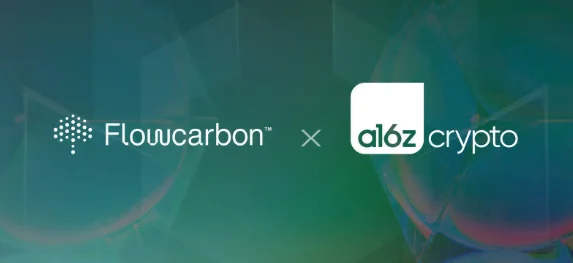Adam Neumann has hopped on the crypto bandwagon, raising $70 million in the first major investment round led by a16z for his climate tech firm Flowcarbon, three years after being fired as CEO of WeWork.

By putting carbon credits on the blockchain, the project wants to make carbon trading more accessible.
Neumann is an Israeli-American businessman and investor best known for cofounding WeWork in 2010, a firm that was once hailed as the future of workspaces.
However, everything came crumbling down in 2019 when the firm attempted to go public, exposing WeWork’s unproductive business model and dubious managerial behavior.
The company went from a private valuation of $47 billion in August 2019 to bankruptcy talks just six weeks later, with Neumann under pressure to resign as CEO.
Flowcarbon’s co-founders include Adam and his wife, Rebekah Neumann, as well as CEO Dana Gibber and COO Caroline Klatt, both of whom are co-founders of Headliner Labs, a company that builds AI-powered chatbots for large media organizations. Neumann’s personal family office is run by Ilan Stern, another co-founder of Flowcarbon.
According to Flowcarbon, Silicon Valley financiers Marc Andreessen and Ben Horowitz’s a16z crypto venture capital firm contributed $32 million to the last investment round. General Catalyst and Samsung Next are two more investors.
A token sale of Flowcarbon’s first carbon-backed token, the Goddess Nature Token, raised another $38 million (GNT).
The firm advertises itself as a leading climate technology firm focused on developing market infrastructure for the voluntary carbon market (VCM).
Flowcarbon
Flowcarbon hopes to make the purchase, sale, and trading of carbon credits more accessible and efficient than the present carbon markets by tokenizing carbon credits on the Celo blockchain.
Carbon trading is a market-based approach for lowering greenhouse gas emissions that cause global warming.
Carbon credits can be purchased by businesses to offset their carbon emissions through programs that remove or reduce greenhouse gases from the environment, such as forestry efforts.
Flowcarbon, on the other hand, claims that the voluntary carbon market is now “inefficient, opaque, and inaccessible,” with brokers and advisers charging up to 20% in fees, many transactions taking place behind closed doors, and carbon credit pricing varying depending on the buyer.
The voluntary carbon market option proposed by Flowcarbon is not unique. Toucan Protocol, JustCarbon, and Likvidi are three other projects that attempt to make purchasing and trading tokenized carbon credits easier.
It was an obvious area where blockchain technology could help, according to Arianna Simpson, General Partner at a16z.
“We feel that demand for offsets is increasingly surpassing supply, particularly for nature-based initiatives, because the carbon market is so opaque.” The obvious solution is tokenization.”
